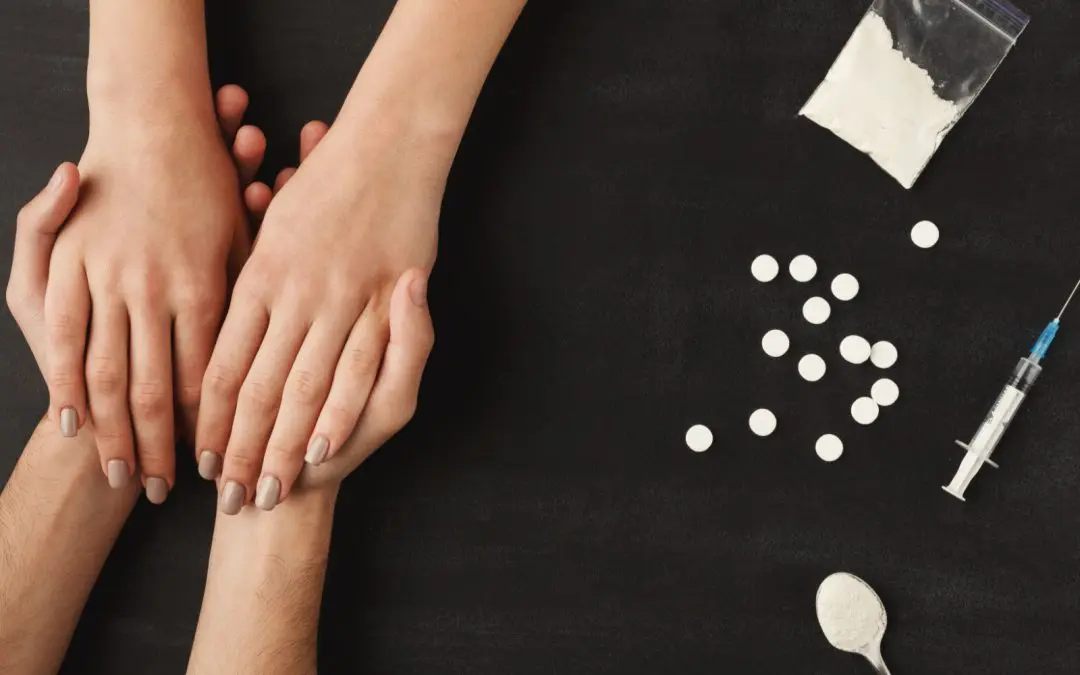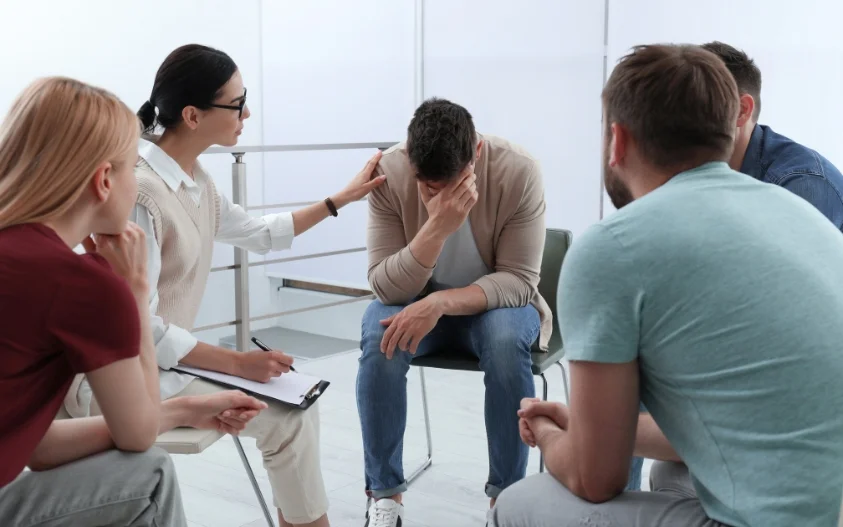24/7 Helpline:
(866) 899-111424/7 Helpline:
(866) 899-1114
Learn more about PTSD Treatment centers in Cynthiana
PTSD Treatment in Other Cities

Other Insurance Options

United Health Care

Medical Mutual of Ohio

Health Choice

Providence

Optima

Aetna

BHS | Behavioral Health Systems

Choice Care Network

Access to Recovery (ATR) Voucher

Oxford
Beacon

CareSource

Magellan

Lucent

Health Partners

Coventry Health Care

Anthem

AllWell

UnitedHealth Group

Evernorth

















